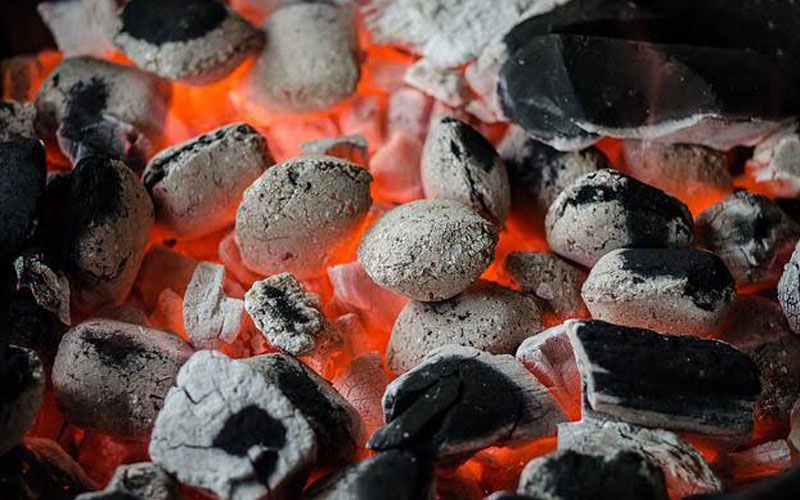Virus drives charcoal business at Busia border to its deathbed
By Musa Radoli, October 28, 2020For a very long time trade in charcoal across the border from Uganda to Kenya in Busia has been booming, transforming lives and landscapes of the region.
The high demand for charcoal led many traders to abandon their other businesses as they attempted to make quick money from the “black gold’, which was mainly being smuggled from Uganda.
However, things have changed. The raging Covid-19 pandemic has effectively brought to a standstill the once lucrative multi-million shillings business.
Heavy duty trucks, trailers, lorries and pick-ups that used to jam the Kenya’s huge buffer zone that was the principal collection centre in Busia town’s Sophia estate to scramble for the “black gold” today are nowhere to be seen.
Even operatives who played a critical role in smuggling of charcoal across the border from Uganda to the buffer zone have disappeared.
Onward transit
They included overloaded handcarts (mkokoteni), bicycles, motorbikes, wheelbarrows and pickup trucks from both countries shuttling across the border 24 hours to transport the cargo to the collection points for onward transit.
According to the operatives, markets for the cargo started in Busia County itself, Bungoma, Kakamega, Siaya, Eldoret, Kitale, Kisumu, Kericho, Eldoret, Nakuru, Gilgil, Naivasha and all the way to the Nairobi City County and beyond.
Today, the area that hosted the booming charcoal business has been rapidly colonised by tall grass, weeds, bushes and wild tree saplings, completely erasing the black dust and mountains of charcoal bags, once the permanent feature.
George Oroni one of the traders in the now dead business said that Covid-19 pandemic has totally killed their trade.
“We used to buy a bag of charcoal at between Sh1,000 and Sh1,200 selling it at between Sh2,000 and Sh3,000 depending on the market,” he reminisced.
Oroni said that the charcoal sourced from various parts of Uganda and Eastern DRC was of very high quality and that was why its demand on the Kenyan markets was very high, but that is no more because there is no charcoal to smuggle into the country.
With eruption of Covid-19, Uganda’s President Yoweri Museveni ordered the closure of all the country’s borders, apart from transportation of essential commodities into the country.
The government also banned entry of people from neighbouring countries like Kenya, Tanzania and DRC as the country was put into a virtual lockdown to control the spread of the coronavirus with deadly consequences.
Though Kenya did not close its borders, the ban on travel in and out of Nairobi, closure of bars and restaurants and the nationwide dusk-to-dawn curfew, some of which have since been relaxed had its consequences on the “black gold” trade.
Busia County Kenya National Chamber of Commerce and Industry (KNCCI) chairman Peter Kubebea said the stringent orders issued by Uganda government meant total cessation of movement of trucks that used to ferry the charcoal from various sources in that country and DRC.
“This meant that there was no charcoal being ferried from these sources to the once bustling collection depots on the Ugandan side.
They were completely frozen and that meant the death of smuggling the “black gold” into the country,” said Kubebea.
He said that once the stocks piled up in many huge depots located in many places in Uganda before the eruption of the Covid-19 pandemic were exhausted the hungry Kenyan markets for the black cargo were destined to starve.
Avoid spread
While confirming the “death” of cross border charcoal trade, Busia Uganda Resident District Commissioner Captain Michael Okiria said because of Covid-19, the government could not allow movement of the trucks to avoid spread.
He said the orders were strictly enforced not only throughout Uganda but also all along the border with Kenya that was the epicentre of the “black gold” smuggling.
